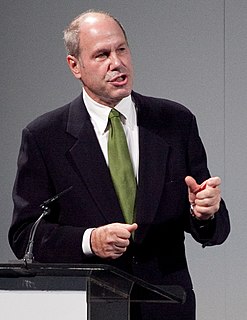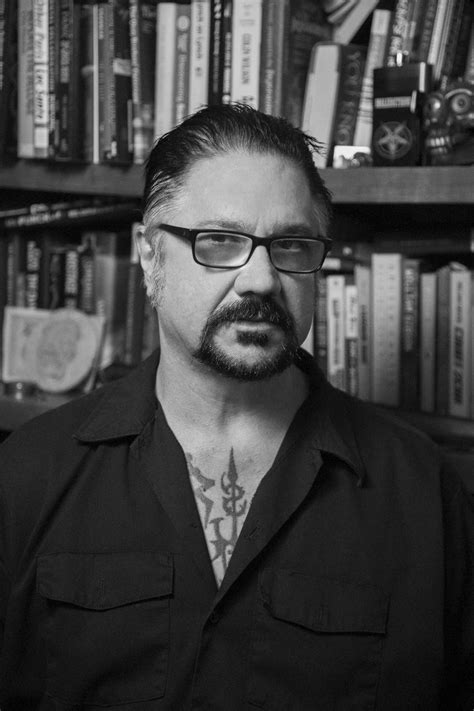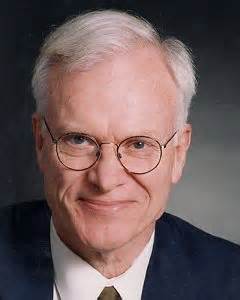A Quote by Michael Eisner
We cannot escape that Hollywood is in the middle of a wave of technological change. The current angst over all the implications of new entertainment technology is nothing new.
Related Quotes
Consumers cannot think in abstractions. They cannot envision a new concept. They cannot predict their behavior. They can only compare against their current frame of reference. So you need to make the big leap for them. You need to provide them with a reason to buy, a reason to brag to their friends. Expect new-to-the-world ideas to fall on deaf ears. Consumers will, however, change their tune when they can see, touch, and explore.
The most revolutionary aspect of technology is its mobility. Anybody can learn it. It jumps easily over barriers of race and language. ... The new technology of microchips and computer software is learned much faster than the old technology of coal and iron. It took three generations of misery for the older industrial countries to master the technology of coal and iron. The new industrial countries of East Asia, South Korea, and Singapore and Taiwan, mastered the new technology and made the jump from poverty to wealth in a single generation.
It cannot suffice to invent new machines, new regulations, new institutions. It is necessary to change and improve our understanding of the true purpose of what we are and what we do in the world. Only such a new understanding will allow us to develop new models of behavior, new scales of values and goals, and thereby invest the global regulations, treaties and institutions with a new spirit and meaning.
California has often led the country, indeed the world, in the technology, consumption, trends, lifestyles, and of course, mass entertainment. It is where the car found its earliest and fullest expression, where suburbs blossomed, where going to gym replaced going to church, where forces that lead so many to assume that direct democracy is the wave of the future - declining political parties, telecommuting, new technology, the internet generation 0 are all most well developed in this vast land.
Anyone who has studied the history of technology knows that technological change is always a Faustian bargain: Technology giveth and technology taketh away, and not always in equal measure. A new technology sometimes creates more than it destroys. Sometimes, it destroys more than it creates. But it is never one-sided. The invention of the printing press is an excellent example. Printing fostered the modern idea of individuality but it destroyed the medieval sense of community and social integration.
As each wave of technology is released. It must be accompanied by a demand for new skills, new language. Consumers must constantly update their ways of thinking, always questioning their understanding of the world. Going back to old ways, old technology is forbidden. There in no past, no present, only an endless future of inadequacy
In fact, technology in, and of, itself does not cause particular kinds of change. It is, essentially, an enabling or facilitating agent. It makes possible new structures, new organizational and geographical arrangements of economic activities, new products and new processes, while not making particular, outcomes inevitable.
You can't just stop technological progress. Even if one country stops researching artificial intelligence, some other countries will continue to do it. The real question is what to do with the technology. You can use exactly the same technology for very different social and political purposes. So I think people shouldn't be focused on the question of how to stop technological progress because this is impossible. Instead the question should be what kind of usage to make of the new technology. And here we still have quite a lot of power to influence the direction it's taking.
It isn't the changes that do you in, it's the transitions. Change is not the same as transition. Change is situational: the new site, the new boss, the new team roles, the new policy. Transition is the psychological process people go through to come to terms with the new situation. Change is external, transition is internal
For time flows on, and if it did not, it would be a bad prospect for those who do not sit at golden tables. Methods become exhausted; stimuli no longer work. New problems appear and demand new methods. Reality changes; in order to represent it, modes of representation must also change. Nothing comes from nothing; the new comes from the old, but that is why it is new.
Nothing we do in this great capital can change the fact that factories or information can flash across the world, that people can move money around in the blink of an eye... Nothing can change the fact that technology can be adopted, once created, by people all across the world and then rapidly adapted in new and different ways by people who have a little different take on the way that technology works.



































